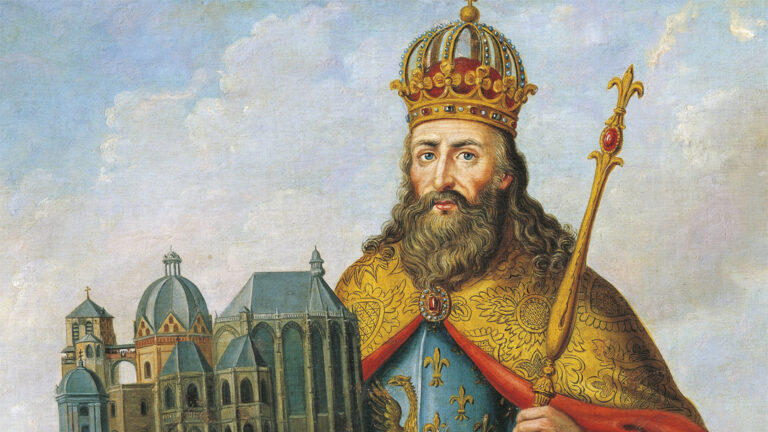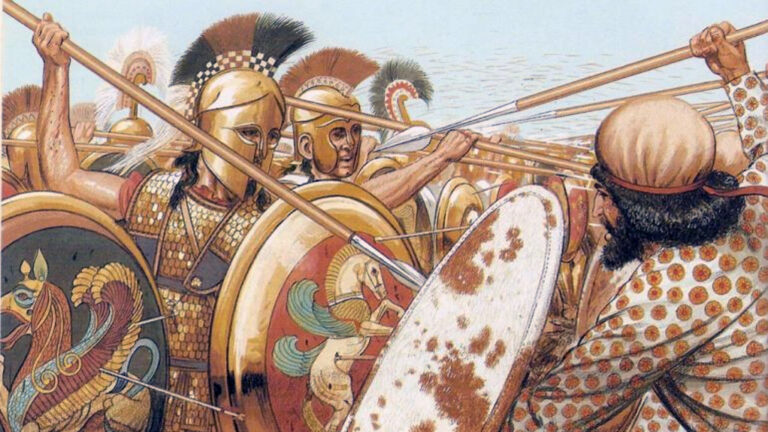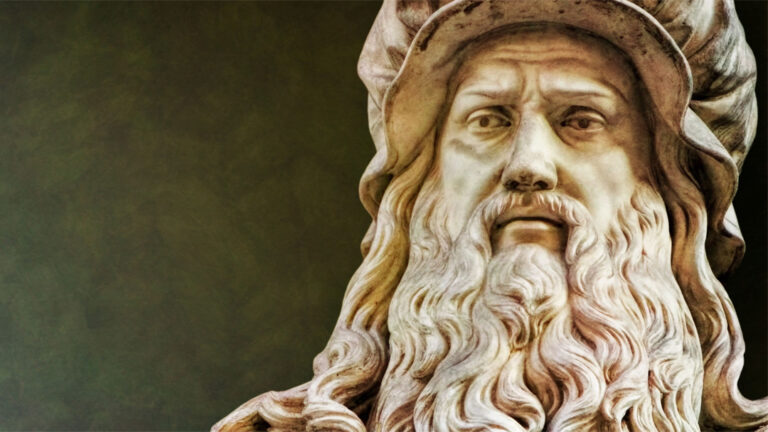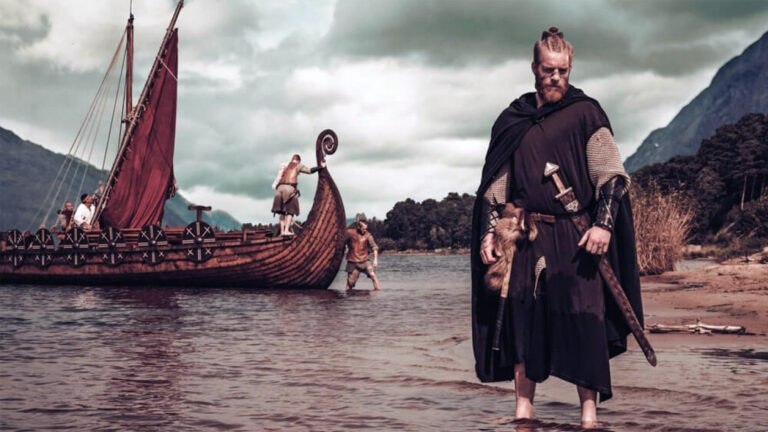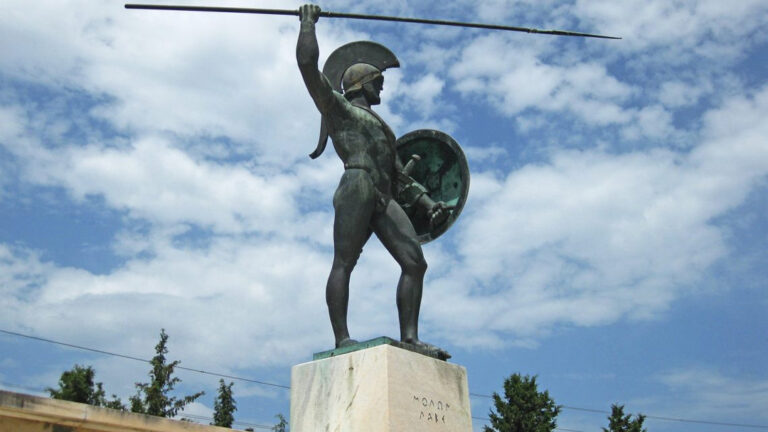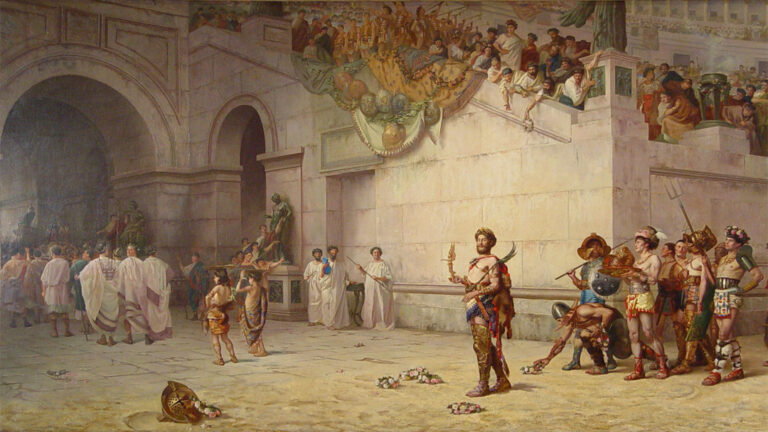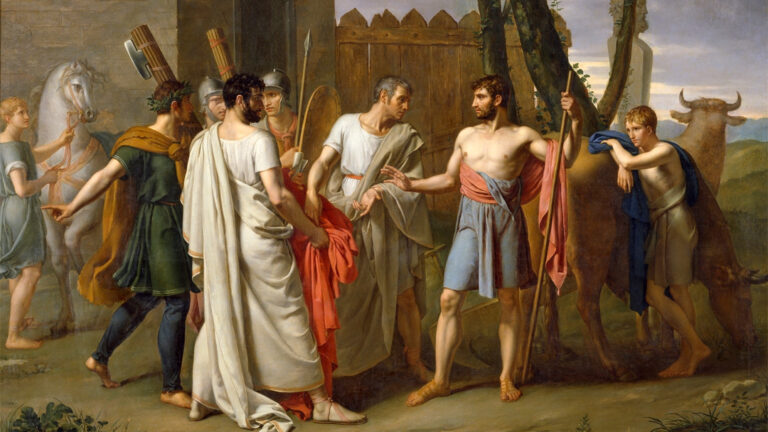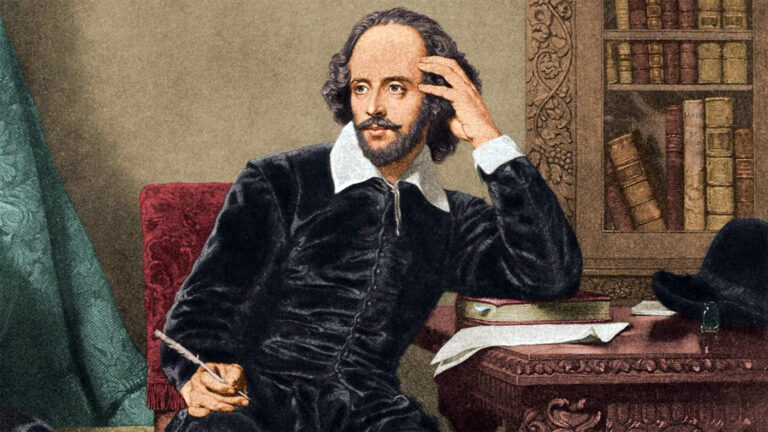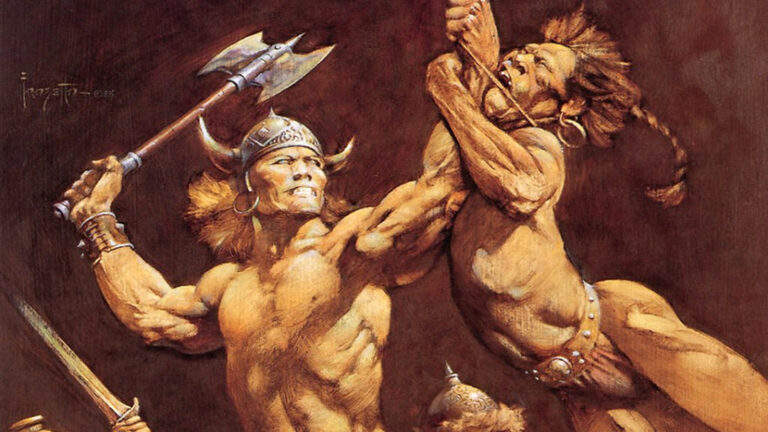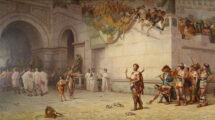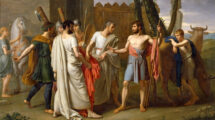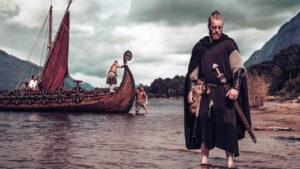Lesson II: The Wrath of the Awakened Saxon and Pioneers! O Pioneers!
Conducting: Steward. Opening Remarks/Announcements (Announce that at the end of the meeting we will: (i) sign up new members; (ii) ask for contributions on the website or take up a collection).
Steward: Explanation of Ethical Overlay. The purpose of the Ethical Overlay is to provide an overlay to ethical, moral and religious beliefs in areas of identity, family and heritage, to promulgate ethical and moral policy and to help each individual to become a better person and preserve the environment for future generations. Announcements will be at the end of the meeting.
Congregant: Opening words of Inspiration
It was not part of their blood,
It came to them very late,
With long arrears to make good,
When the Saxon began to hate.
They were not easily moved,
They were icy — willing to wait
Till every count should be proved,
Ere the Saxon began to hate.
Their voices were even and low.
Their eyes were level and straight.
There was neither sign nor show
When the Saxon began to hate.
It was not preached to the crowd.
It was not taught by the state.
No man spoke it aloud
When the Saxon began to hate.
It was not suddenly bred.
It will not swiftly abate.
Through the chilled years ahead,
When Time shall count from the date
That the Saxon began to hate.
After his son died in WWI, Rudyard Kipling wrote the above poem and called it The Beginnings. He wrote “English” instead of “Saxon.” It was since been renamed The Wrath of the Awakened Saxon with “Saxon” being substituted in for a wider application.
Steward: We will now have a Moment of Silence for: __(decide locally)___. [about 20 second pause].
The following musical selection is by Johannes Brahms. After Beethoven’s enormous influence on European music, many began looking for his successor, and one influential editor in particular (Robert Schumann, himself a renowned composer) declared Brahms to be who they were looking for. Brahms felt his responsibility acutely and delivered on his potential to eventually take his own place among the greats of Western musical tradition. This is one of his many Hungarian dances.
[Play musical selection]Steward: We will now have a discussion on the following topic:
Discussion: Rudyard Kipling’s Wrath of the Awakened Saxon and Walt Whitman’s Pioneers! O Pioneers!
COME my tan-faced children,
Follow well in order, get your weapons ready,
Have you your pistols? have you your sharp-edged axes?
Pioneers! O pioneers!
For we cannot tarry here,
We must march my darlings, we must bear the brunt of danger,
We the youthful sinewy races, all the rest on us depend,
Pioneers! O pioneers!
O you youths, Western youths,
So impatient, full of action, full of manly pride and friendship,
Plain I see you Western youths, see you tramping with the fore-
most,
Pioneers! O pioneers!
Have the elder races halted?
Do they droop and end their lesson, wearied over there beyond
the seas?
We take up the task eternal, and the burden and the lesson,
Pioneers! O pioneers!
All the past we leave behind,
We debouch upon a newer mightier world, varied world,
Fresh and strong the world we seize, world of labor and the march,
Pioneers! O pioneers!
1) What are some of the injustices that the Western world currently bears?
2) Why is it our nature to wait and endure injustice until it is impossible to ignore?
a. Once it does become impossible to ignore, how do we decide what to do and when to do it?
b. What are some things we can currently start doing to fight the injustices previously mentioned?
3) What does it mean to be a pioneer?
4) The early American pilgrims and pioneers are often compared to modern-day immigrants
a. What are some differences that are ignored in this comparison?
5) Share some personal family stories about pioneer heritage, eg when your family came to America and what they did when they got here.
a. What are some hardships they overcame?
b. How has knowing their stories helped you shape your identity?
6) Pioneering requires optimism and hope in the future.
a. Discuss some things we can hope for and the actions required to make them happen.
Congregant: Closing words of inspiration.
Here is the final stanza of Whitman’s Pioneers! O Pioneers!, of which we read and discussed an excerpt:
Till with sound of trumpet,
Far, far off the daybreak call—hark! how loud and clear I hear
it wind,
Swift! to the head of the army!—swift! spring to your places,
Pioneers! O pioneers!
Extend an invitation/commitment to apply one thing learned this week.
Steward: Take contributions from group made payable to Ethical Overlay. [Take cash, checks, or commitments to pay online].
[Adjournment]Announcements after adjournment
